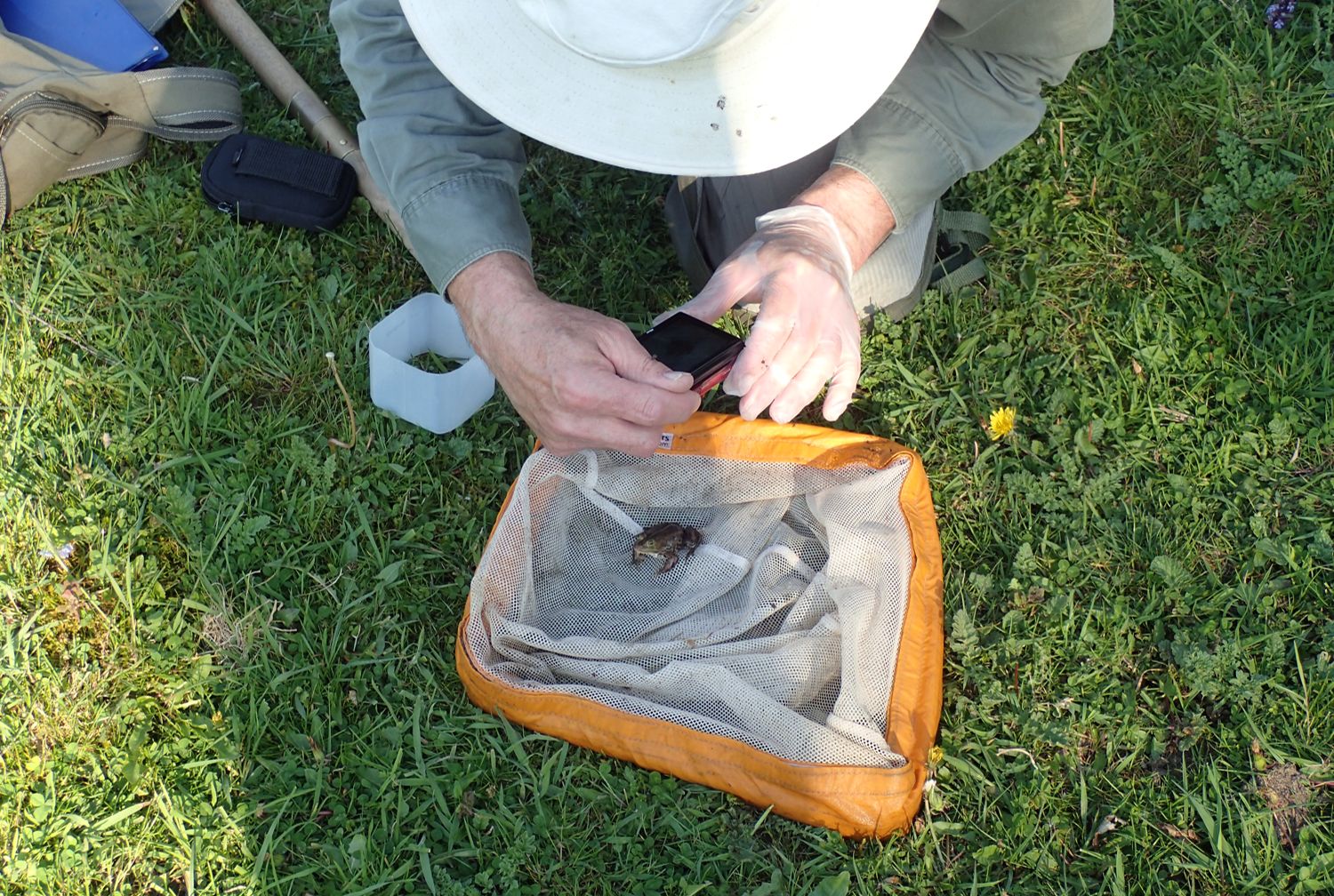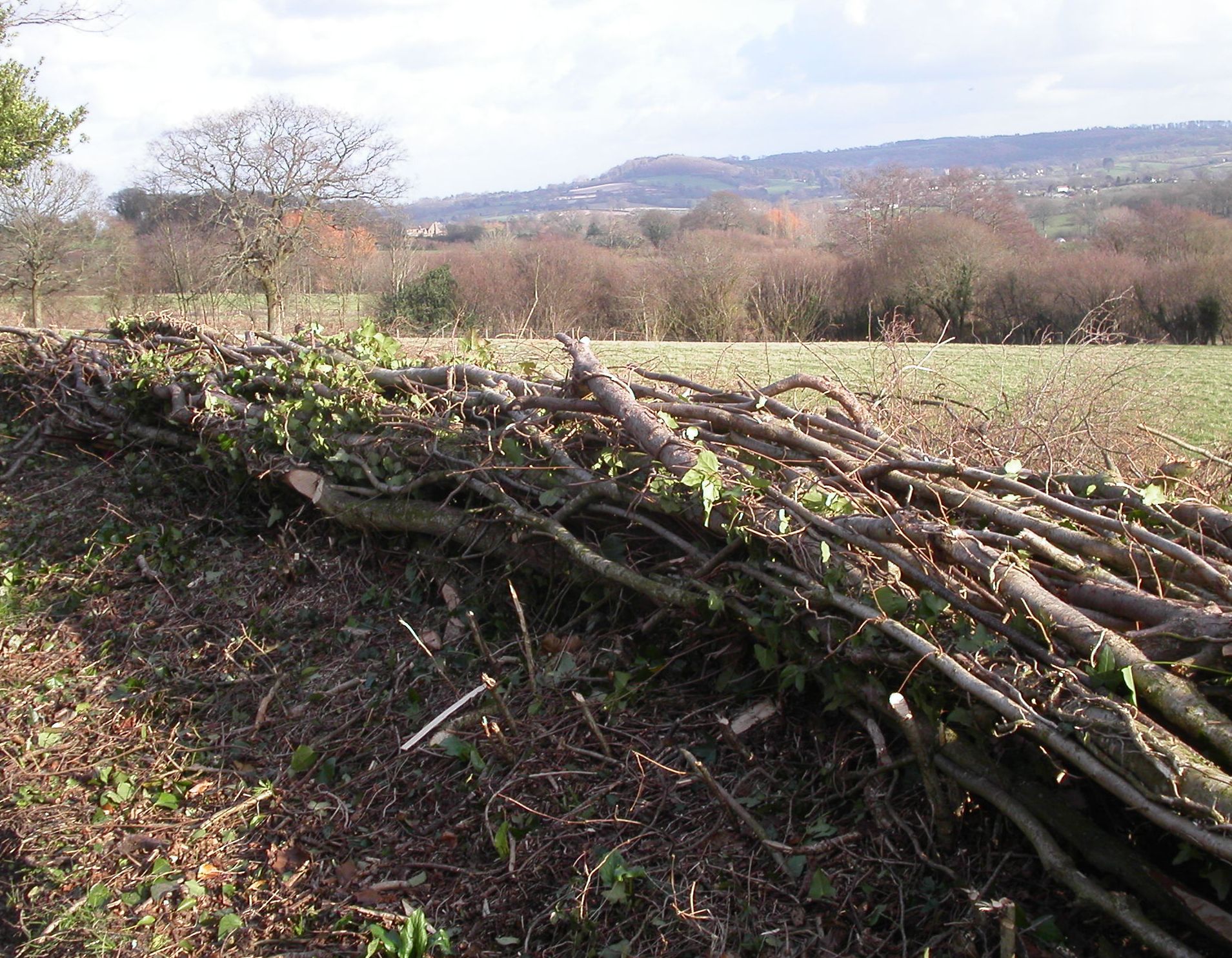The Green Recovery Challenge Fund (GRCF) is part of the delivery of the Government’s 25 Year Environment Plan, published back in 2018. The Fund’s launch promised that the GRCF would create jobs and “kick-start environmental renewal” across England. Environmental charities and their partners would be awarded a total of £40m in the first round.
The fund is being delivered by The National Lottery Heritage Fund in partnership with Natural England and the Environment Agency.
What does it mean for jobs in the environmental sector?
Round one of the GRCF was the real deal!
We advertised over 80 jobs funded by the GRCF across December 2020 and January 2021. Around 10% of the total advertised, not a jobs boom, but enough to make a difference and give confidence to the sector at a challenging time.
The first round of the GRCF covered three themes:
- Nature conservation and restoration, including ecosystem restoration and species recovery;
- Nature-based solutions, particularly for climate change mitigation and adaptation; and
- Connecting people with nature.
The jobs we saw advertised reflected these themes. For example:
- Project Manager (Wetland Habitats) with the WWT
- Nature Volunteer Coordinator with Sherwood Forest Trust
- Nature Recovery Rangers with the Centre for Sustainable Healthcare
- Project Manager, Blean Woods Re-Wetting with the RSPB
And they seem to be interesting and relatively well paid (albeit fixed term contract) jobs.
Graduates who had spent the last few months of their degrees studying remotely due to the pandemic had a little more choice than they otherwise might have. People coming to the end of contracts but hoping to stay in the conservation sector found positions they could apply for.
Round one boosted employment and skills in the conservation sector
Take Derbyshire Wildlife Trust as an example. At the tail end of 2020, the small charity was awarded over half a million pounds to fund Wilder Derbyshire (one of only 21 projects to receive a grant over £250k). Chief Executive Dr Jo Smith described it as “the best Christmas gift we could have wished for”.
Thanks to the funding, Derbyshire Wildlife Trust now has Will Ward in post as Project Manager. Will told us:
“The Green Recovery Challenge Fund has provided an excellent opportunity to grow my skills and develop my career. I have a background as a project manager in youth and community work – and the fund has given me the opportunity to apply these skills managing a range of activities including rewilding projects and connecting our local communities with nature. It has been a real opportunity for me to learn and apply my skills in a new context.”

We spoke to Jim Foster at The Amphibian and Reptile Conservation Trust (ARC). He described the GRCF as ‘a much-needed shot in the arm for the nature conservation movement.’ Jim expanded: “There are several aspects of the GRCF that make it attractive to organisations like ARC: the value it places on working within existing partnerships where work is 'ready to go', the short turnaround time for applications, and the minimal requirement for match funding, for example.”
ARC were awarded funding to help recover the pool frog, England’s rarest amphibian. “We recruited three new staff who are currently hard at work on pool frog conservation activities, and this summer we'll be using the GRCF award to bring the plight of the pool frog to a wider audience.”
FWAG SouthWest appointed a Hedgerow Conservation Project Manager following the GRCF’s first round. This role is a perfect example of partnership: the Manager is working with the National Trust to drive delivery of a hedgerow improvement project on Devon’s Killerton Estate. The project will plant 2 km of lost hedges and lay 1.5 km more, ensuring a hedge network bursting with life.
“The GRCF is aimed at 'shovel-ready' projects and it will greatly help the successful charities that have been waiting for a funding stream to implement a particular project", explained FWAG SouthWest’s Business Manager, Gary Rumbold.

Round 1 was not without its problems though, ARC’s Jim Foster explained:
“Like all funding opportunities, the GRCF has some limitations. The need to complete all activities by certain dates means that only certain categories of work could be funded; there were some uncertainties caused by mismatches between the online application form and the guidance; there was no feedback on unsuccessful applications. However, I understand that the government is looking to address these issues for round 2 onwards. The urgent nature of the fund meant that it was always likely to need some fine-tuning, and ARC has been happy to feed in suggestions after the closure of round one.”
Applications for the second round of the GRCF closed in April, this round will award another £40 million. If the first round is anything to go by we’d expect to see the jobs related to the second round coming online in June and July.
The second round - more of the same?
Natural England Chair Tony Juniper told us:
“The recent launch of the second round of the Green Recovery Challenge Fund is another step towards improving our wonderful landscapes and habitats upon which we all depend, creating and retaining thousands of green jobs in areas including woodland creation, environmental education, and the restoration of damaged habitats such as peatlands and wetlands.”
“We are beginning to see the tangible benefits this fund can deliver. It is opening the doors to careers in nature recovery and helping to encourage a flourishing environment. Natural England has been working very closely with Defra and the NLHF on the fund and we look forward to seeing even more inspiring projects come forward that continue this ambition.”
It is opening the doors to careers in nature recovery
The GRCF’s second round has similar requirements to the first round, with further developed guidance. The three core themes of the fund are again nature conservation and restoration, nature-based solutions, and connecting people with nature.
There are a few key differences this time around: maximum grant request reduced to £2m, and a requirement for large grant applications to contribute at least 5%. We don’t expect these to significantly alter recruitment patterns.
However, it’s possible that the new ‘limit on the number of applications organisations can submit as the lead applicant’ will level the playing field slightly. Writing grant applications takes a lot of time, research, and effort; limiting the number of applications may help to lessen the disadvantages smaller organisations face. We might see more roles popping up from the smaller charities.
Each theme mentions a number of areas for which proposals would be ‘particularly welcome’. Here are a few that stood out to us:
- Increasing insect pollinator diversity
- Improving the marine environment’s health and resilience
- Wildfire prevention and natural flood management
- Connecting urban populations with blue and green spaces
- Improving accessibility to nature
Find the full list under the expandable header “What can you apply for” on the Heritage Lottery Fund’s Guidance page.
If you’re hoping to work in these areas the GRCF could soon be behind new roles of interest to you.
All Green Recovery Challenge Fund round two grants must be spent fully by the end of March 2023. This means that, as with round one, the jobs we expect to advertise will be fixed-term.
What can you do to prepare for roles funded by the GRCF?
Jim Foster from ARC had some words of advice for job seekers.
“For anyone intending to apply for posts funded by the GRCF, my prime advice would be to look closely at the job description and person specification on the advert. Think about how your own skills and experience match up to what the employer wants. GRCF projects vary widely in scope, but I would expect employers to place a value on candidates who can hit the ground running, can quickly make good links with existing partners, and can demonstrate rapid and accurate reporting skills.”
Gary Rumbold from FWAG also shared some tips:
“New recruits into GRCF projects need to hit the ground running, so carefully check the job description for what is needed, because it is unlikely that the new employer will have the time, or funding, for specialist training if you lack the core skills needed. Because of the short—term nature of the funding it is also important that applicants fully demonstrate that they are self-motivated and able to control their workload, with excellent time-management and planning skills.”
And of course make sure you’re signed up to EJ and have a job alert set up!
💚 Follow @FWAGSouthWest, @ARC_Bytes & @DerbysWildlife

